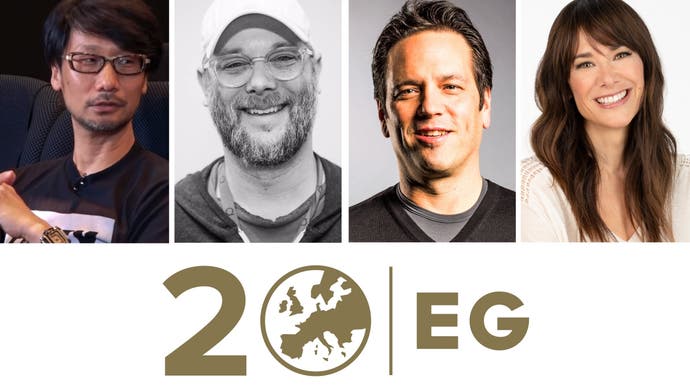Developers and industry legends on the games that defined the last 20 years
Kojima! Barlog! Spencer! Raymond! More!
As Eurogamer turns 20, we thought, you know what? It's not all about us. It's also about the developers, the people behind the virtual magic that inspired the creation of Eurogamer two decades ago. Without the developers, we wouldn't be here. And so, we thought we'd ask a few of them (20, in fact!) to pick the games that defined the last 20 years, and see what would come of it.
We approached a broad range of people, from top executives and legendary talent to tiny indies. We asked them to pick a game that defined the last 20 years, but left it up to them to interpret the question. It could be a game that defined the industry, that meant a lot to them professionally or personally, or is just a favourite.
We're delighted with the responses (thank you to everyone who contributed!). There's some fantastic insight here, super cool anecdotes and the odd surprising choice. We hope you enjoy it!

Phil Spencer, head of Xbox
Ultima Online
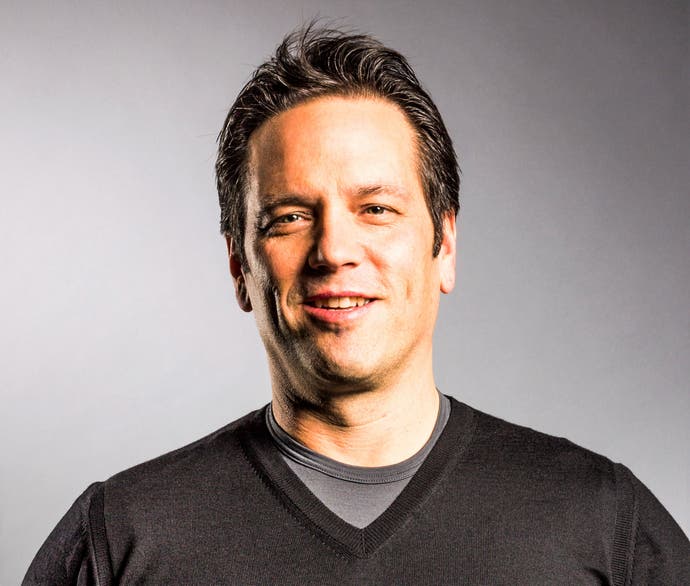
"Ultima Online evolved my view of gaming in a big way. And for the first time, it really did feel like me in a video game - not just an armored avatar roaming the world. I was a big fan of Ultima 3, but UO made the world of Britannia come alive for me.
"When my character stepped foot in the game's fantasy cities, or down into a huge dungeon, I was doing it as one person playing and exploring alongside everyone else in a shared world. They could observe me, they could help me, become my friend or foe. I definitely had many instances where PvP didn't go my way.
"I'm sure people have plenty of great stories about their experiences in Ultima Online. To me, a lot the norms and expectations we have in today's games came from those first, shared-world experiences that many players had in games like UO. Those moments created a lasting connection not just to my character, but to a world's worth of players. It was the first time I didn't just love a game, but where it took me."
Dan Marshall, developer of Gun Monkeys, The Swindle and Behold the Kickmen
Spelunky
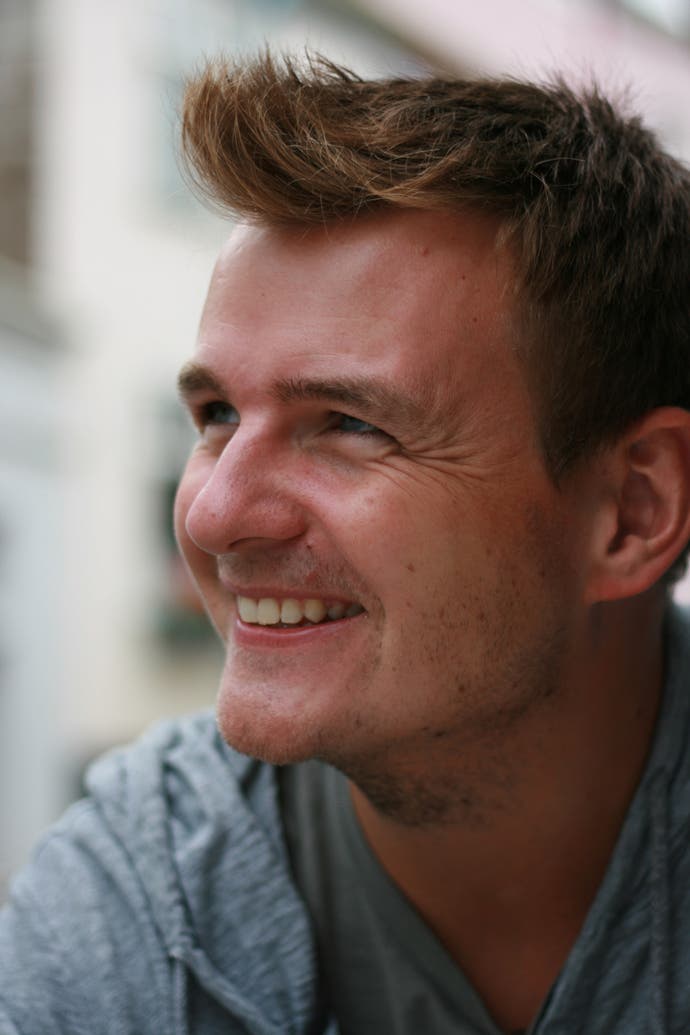
"I find it hard to think of a game that defines the last 20 years of gaming, because my tastes have changed so much over that time. 'Defines' is doing a lot of lifting, there.
"For me, the last decade-or-more has been defined not by the big-hitter AAA games we all played, but by the indie movement, and the amazing variety of games it has provided. From the early days of casual 'everything's a Match-3' to today's amorphous mass of wild, wacky, clever content.
"And the game that riffed off a dozen things before it, and influenced a whole host of things that happened after, is Spelunky. I think that game sums up so much about what's happened in games over the last 20 years - platforming, rogueliking, procedural generation, toying with structure, bite-sized gaming, gaming for streams and Let's Plays, downloadable games and so much more. It might not be my favourite game since 1999 (though it's up there!), but it absolutely sums up indie games perfectly, and I'm happy to say it utterly defines what's happened over the last 20 years for me as well."
Sam Barlow, director and writer of Telling Lies, Her Story and Silent Hill: Shattered Memories
Metroid Prime
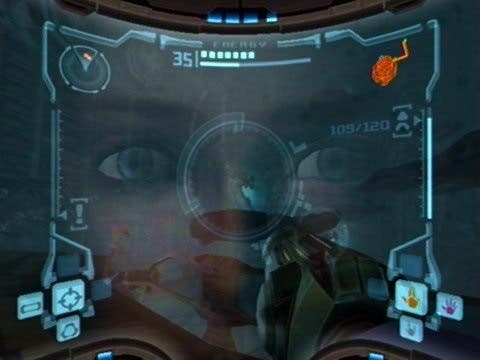
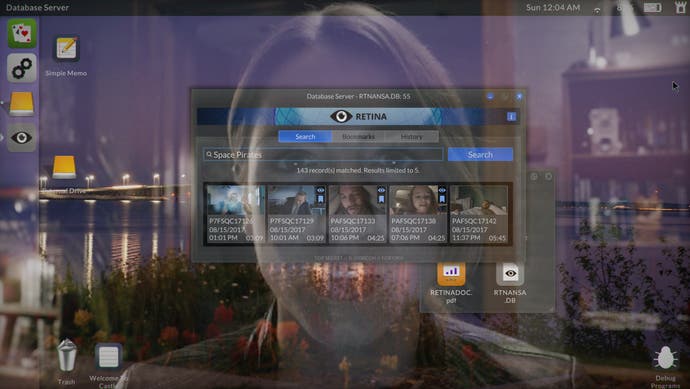
"Exploration has always been the activity that has drawn me most to games, and suspension of disbelief the engine that keeps me there. Playing Metroid Prime on the GameCube I discovered the game that most transported me to another world. A world that never felt less than real - its every rock spider-webbed with unique cracks, wet with rivulets of rainwater or dusted with sand kicked up by my boots.
"As I criss-crossed its surface, burrowed into its every nook and cranny, I could feel its geological history. It was a world that was weathered and had weight - communicated by the never bettered marriage of controller and interface. The solidity of its world reinforced by the feel of its jump, the heavy clicks and whirrs of my space suit mirrored by the GameCube's chunky, clacking triggers and sticks. And then a rocket exploded and I saw Samus's eyes reflected in her visor and realised that as much as this place was real, it wasn't me that was exploring it."
Yu Suzuki, Sega legend, director of Shenmue 3 at Ys Net
Shenmue
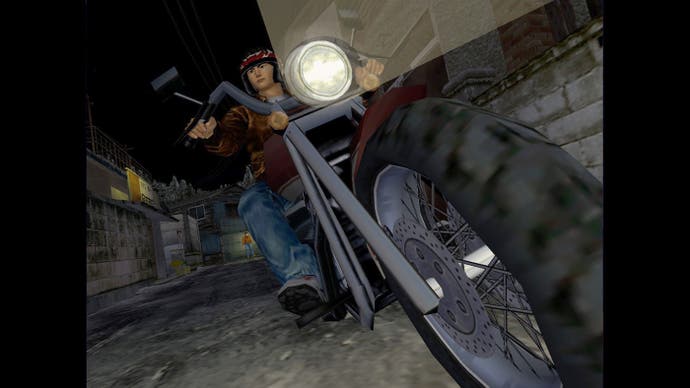
"Congratulations to Eurogamer on their 20th anniversary. This year Shenmue also turns 20. Much has happened in the long days and months of these past 20 years, and we are grateful to everyone who has given their support along the way to help Shenmue 3 take shape."
Harry Morishita, ex-Square Enix, ex-Sega executive, executive producer Shenmue 3
Final Fantasy 11
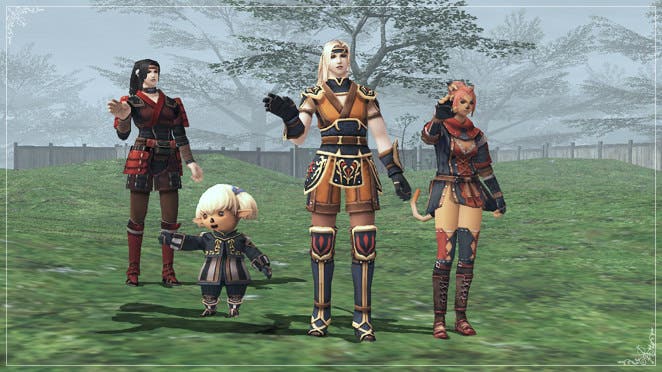
"Final Fantasy 11 is the one that brought me in the game industry and it was the beginning of crazy but memorable days at Square (before the merger with Enix)."
Shannon Studstill, head of studio at Sony Santa Monica
Journey

"For me, Journey, from Jenova Chen and his team at thatgamecompany, truly defines how the art and storytelling of games has, over the last 20 years, evolved into a medium that can deeply connect with the human spirit.
"Journey will always be a game that is tremendously moving and will surely continue to impact people's lives for years to come.
"This game experience transcended the medium in a way that so few have, and it's close to my heart because of the role it played in exemplifying the spirit of creative collaboration at Santa Monica Studio."
Cory Barlog, creative director at Sony Santa Monica
Requiem: Avenging Angel
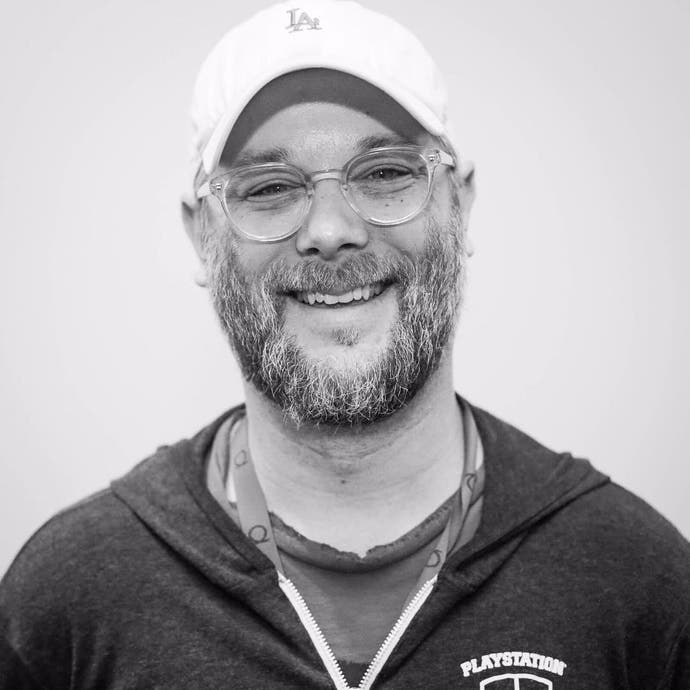
"This was the first game I worked on after leaving the Visual Effects industry. I was disillusioned from my experiences in film and honestly did not think I would even stay in games beyond this one job. In hindsight, I know it was not the greatest of games. A lot of very talented people worked hard on it, no doubt.
"But unfortunately, the game released right before the first Half-Life which, we all know, was an absolute monster of a game. I almost chose Half-Life because of how important that game is to the timeline of the industry as a whole but Requiem, flaws and all, is just far more personally important to me. It represents the first steps down a new and frighteningly unknown path that ended up changing my life in the best ways possible."
David Goldfarb, founder of The Outsiders, ex-game director at Overkill Software, ex-lead designer at DICE
Diablo 2
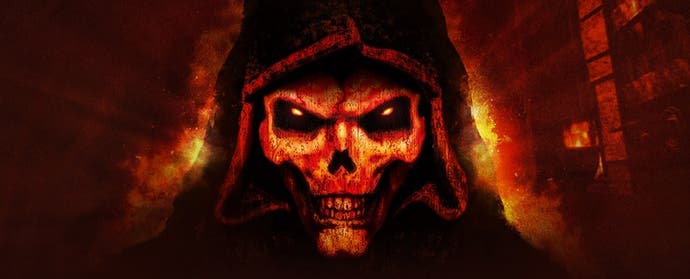
"The game I keep coming back to most often is Diablo 2. Other things pop up, but that one has a hold on me. Loot, skill trees, distinct character builds. Simple enough, deep enough, zen enough. Many, many games try to reproduce that magic. I still don't think any have gotten close. Not Diablo 3, not Borderlands, not Path of Exile. There was an economy of scale with Diablo 2, with its systems and items that just felt right. Character development was very First Edition D&D, or pre-Souls, or just hard. Patches made it a bit more forgiving, but I liked that you had to sink a bunch of time into it. Mostly it was fun. Kill stuff, find cooler stuff, wear it, repeat. Would love to get lost in an HD remake again, Blizzard."
Derek Yu, designer of Spelunky
Dark Souls

"I've spoken much about Dark Souls, because it's more than just my favorite game - it also represented a return to form for big budget gaming, in my opinion. For many years, AAA game design felt like it was becoming increasingly burdened by heavy tutorialisation, exposition, and hand-holding, even as game worlds were becoming larger and 'more open'. Dark Souls felt like it cast those conventions off, taking inspiration from games and stories of the 80s without simply being nostalgic. It trusted the player to persevere and make sense of the world on their own, knowing that the rewards would feel all the more real for it. It also made fantasy strange and dark once again - the realm of quivering blobs and umber hulks instead of beautiful elves and shining dragons. Looking back over the past 20 years, I can see the bridge Dark Souls has built from my childhood to the present."
Tetsuya Mizuguchi, Sega legend, developer of Tetris Effect
Pokemon Go
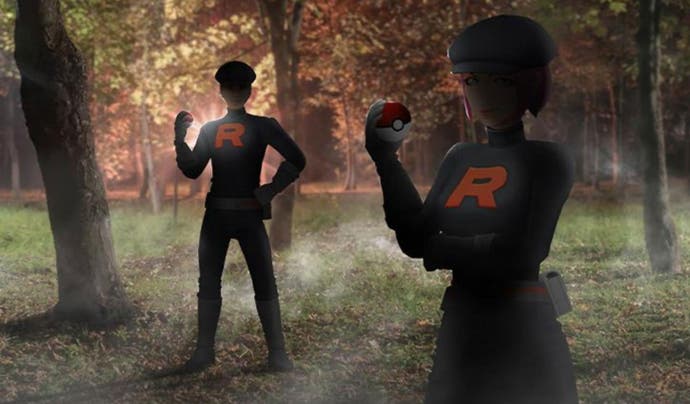
"Pokemon Go succeeded in bringing a physical experience into the game. It synthesised the game experience into the real, tangible world, connecting players of all ages, all races and all backgrounds from around the world. I was so fully immersed that I almost got hit by a car!"
Shawn Layden, chairman of Worldwide Studios, Sony Interactive Entertainment
The Getaway
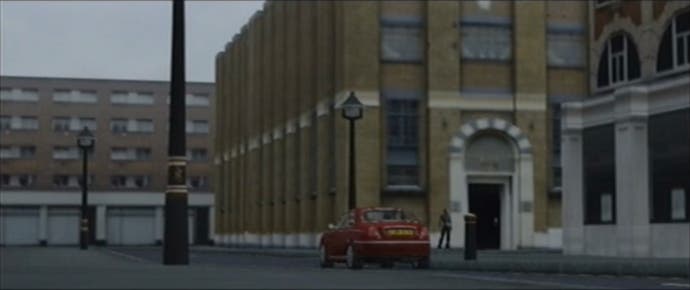
"20 years ago I transferred from Tokyo to our London studio. It was an exciting time for myself, and for PlayStation, as our presence in Europe began to grow dramatically. PlayStation 2 was right around the corner and the strength of that platform would push the power of narrative with games like The Getaway and ICO.
"The Getaway, developed by London Studios, was really a pioneer in the field of cinematic and action gaming. The look and feel, the 'grit' of this London gangster epic was remarkable and ahead of its time."
Victoria Tran, community and business development at Kitfox Games
The Sims
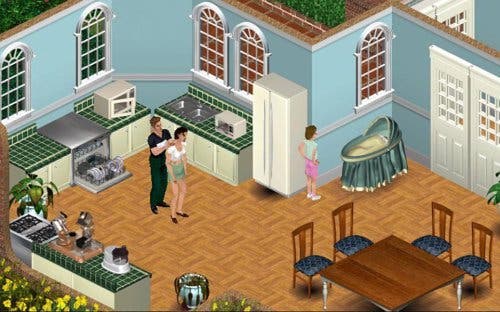
"The Sims is clearly the best game of the past 20 years. Someone ALWAYS has a story about it. Customise your house! Recreate your friends! Make whoever you want smooch! Trap your Sim family in a room filled with fireplaces and wooden furniture and watch them die!
"Whether you're into more hardcore or casual games, The Sims has attracted players of all kinds for the past several years, and I think that's a powerful thing."
Greg Kasavin, writer and designer at Supergiant Games, the small independent studio behind Bastion, Transistor, Pyre and Hades
BioShock
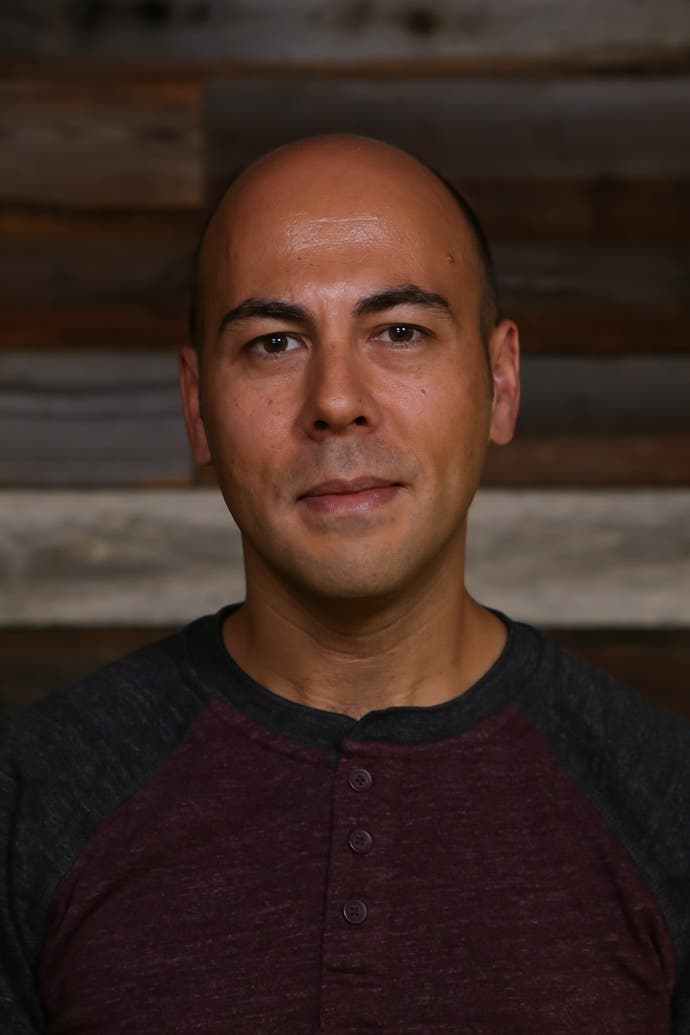
"There are far too many games I could think of that defined the last 20 years. But, one in particular does bubble up for me.
"I first saw BioShock at a behind-closed-doors presentation at E3 2006, and was absolutely mesmerised by its stunning atmosphere and dark, imaginative undersea world. More than that: I was inspired. I'd been a game critic for almost 10 years. But I'd also wanted to create games ever since I was a little kid. Seeing BioShock intensified that old impulse so much, that I bit the bullet. In January the following year, I left my wonderful job as editor-in-chief of GameSpot, and started a new career as a game developer at Electronic Arts. We weren't making BioShock - but we were making something I could believe in (Command & Conquer 3!), and I was finally about to find out whether I could cut it as a game developer.
"BioShock continued to be a driving source of inspiration for me once, you know, I actually played the finished game. The instant it was available. The way it wove player agency into its narrative, synthesised interesting mechanics with thoughtful themes, and presented such a vivid and fully realised setting I think set new standards for what game players could expect, and what game developers could reach for. But to me, it means even more."
Jeff Kaplan, head of the Overwatch team at Blizzard
Everquest
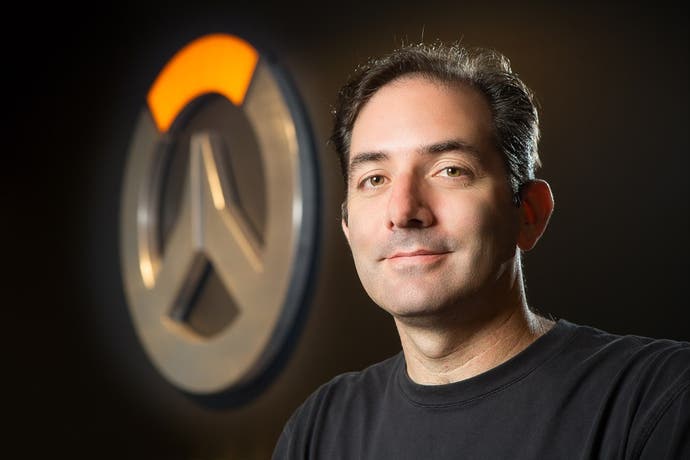
"While there have been so many amazing accomplishments in video games in the past 20 years, no game has been more influential to me than Everquest. The creators of EQ were pioneers of world building and social, online game design. Everquest might not have been the first MMORPG but it was certainly the defining MMO of its era. Playing Everquest was truly like living in an alternate reality and the level of immersion was second to none. So many MMOs tried to follow in the wake of Everquest and the game's influence can still be felt today."
Jade Raymond, VP and head of Stadia Games and Entertainment
Everquest
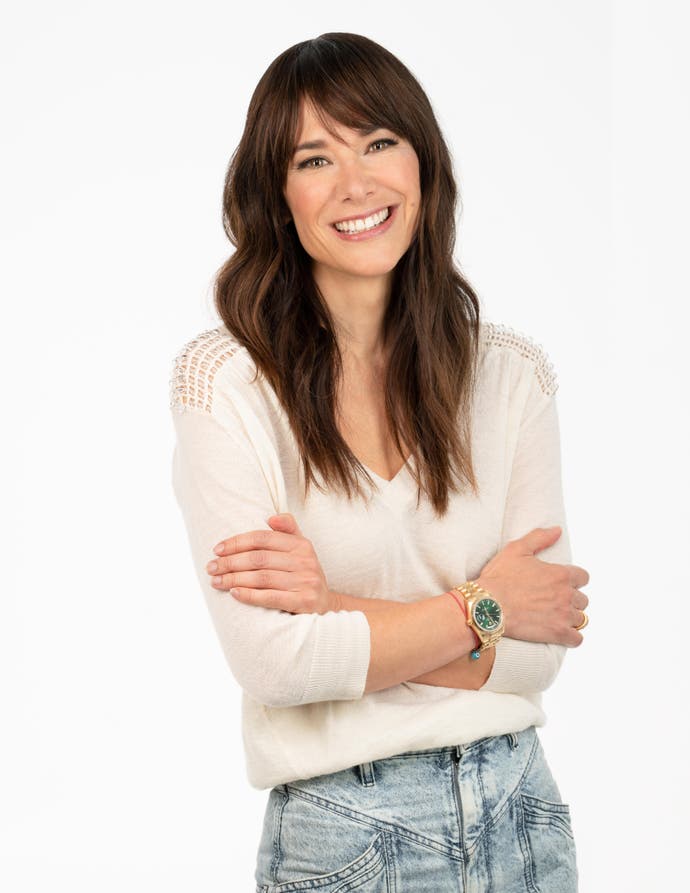
"Everquest was a real revelation for me. I'm the kind of gamer who has always been drawn to games where I can be totally immersed in the fiction but this was the first time I experienced that kind of immersion with friends. Still to this day, it stands out because it was my introduction to what social can bring to gaming and vice versa."
Tina Sanchez, producer on Apex Legends at Respawn Entertainment
Halo 2 and Xbox Live

"In 2005, I was at a university questioning which career path to take. What did I want to do with my life? That was when I picked up an Xbox controller for the first time. My happiest gaming moments evolved around Halo 2's four-player splitscreen. Its design features made it a great social experience; the perfect college dorm-room game. 'Wanna come over and play Halo?'
"Whatever your skill level, there was a game mode to match it. Some days we preferred to compete to see who would be the last Spartan standing. On others, we teamed up but raced to get the most prestigious medals. Hearing, 'kill frenzy' always got our dorm room rowdy.
"Learning how to move around in an FPS was made easier by Halo's custom match options. We'd crowd together around the controller, as my friends showed me how to strafe and snap my aim in the correct direction. Eventually, we got so competitive we taught ourselves how to navigate the maps by looking at the ground the entire time, or even the sky. I guess screen-watching made us better players. Crazier, at least.
"We took our competitive drive to Team Swat, which only rewards players for their headshot accuracy, and helped increase our aim. That mode taught me the importance of understanding hitboxes, and I played as an Elite so I never got shot in the back of the neck (fun exploit).
"Halo 2 was a happy escape from the stresses of the unknown. Ultimately, it inspired me to get into the video game industry, and I continue to work on competitive shooters."
Ralph Fulton, creative director at Forza Horizon developer Playground Games
Grand Theft Auto: Vice City
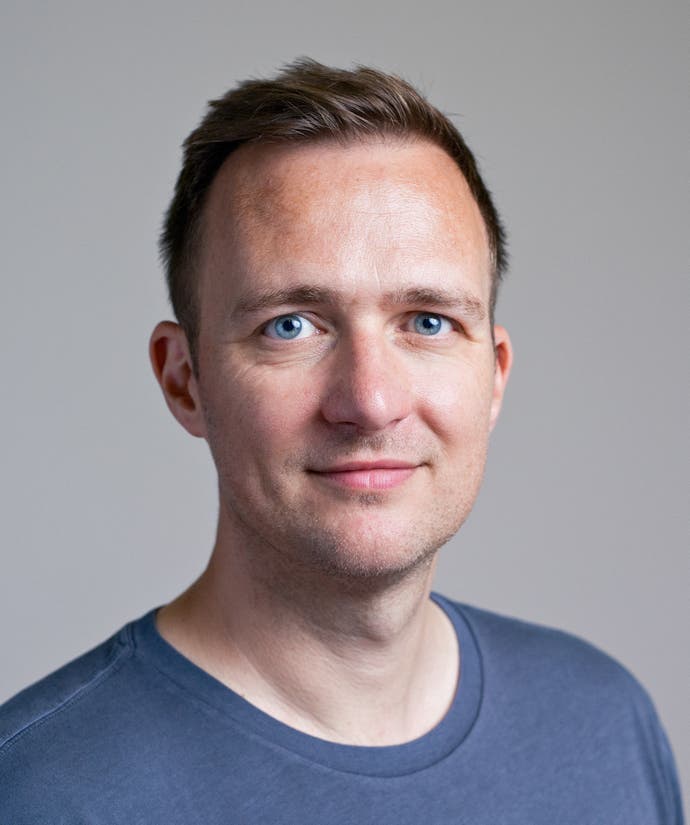
"While 2001's Grand Theft Auto 3 undoubtedly created the open world sandbox template we know today, it is the following year's Grand Theft Auto: Vice City which lives most vividly in my memory. For a child of the 80s like me, Vice City's nostalgia-drenched tribute to 'The Greatest Decade' improved on its predecessor in every way. Rockstar's sleazy, neon take on Miami is still my favourite GTA city and I remember its slick, arcadey driving as a series high-point, back when GTA's law enforcement were adorably hapless Keystone Cops to be toyed with endlessly. It was funny in a way which made me envious, mining a rich seam of 80s pop culture references with genuine affection. And it was Vice City which first showed me the power of licensed music in creating mood and tone and sense of place, as Rockstar abandoned the cute pastiche of GTA 3's soundtrack for an expertly curated (and presumably ridiculously expensive) compilation of 80s hits. I don't remember much about the game's story, but I remember blasting down Miami beach in a Ferrari Testarossa listening to Crockett's Theme like it was yesterday."
Peter Molyneux, co-founder of Bullfrog Productions, co-founder of Lionhead, creative director at 22Cans
Grand Theft Auto 3
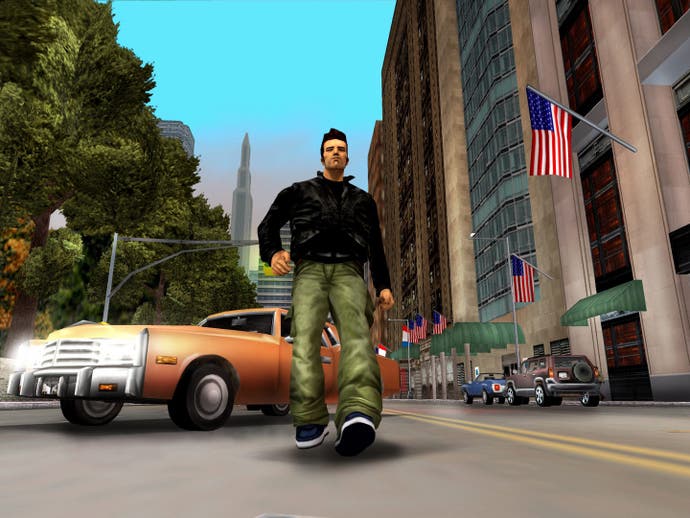
"My game choice is a pretty obvious one. Released on 22nd October 2001, GTA3 changed my view of what a game could be forever. Okay, the controls were scrappy and the combat was fiddly, but the world, the characters and the freedom to roam were incredible for the time. Now, some 18 years later, GTA is still top of the charts. GTA definitely inspired us at Lionhead to push our ambitions to new heights."
Rhianna Pratchett, freelance scriptwriter and narrative designer, Tomb Raider, Overlord 2, Mirror's Edge, Heavenly Sword
Heavenly Sword
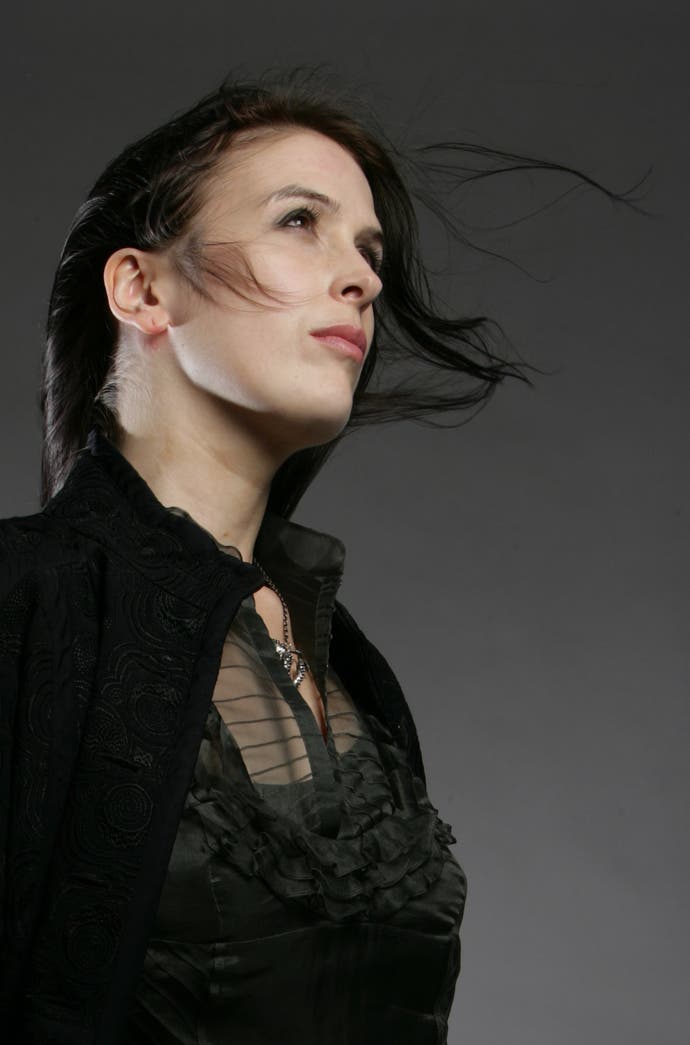
"Tameem Antoniades and I were being ignored. Along with other game writers who'd attended a screenwriting seminar in the mid-00s, we'd been rounded up to have lunch with a screenwriting 'guru' who was trying to solicit work in games. As a fellow writer, I was competition and ignorable. As the co-founder of Ninja Theory, back then a relatively unknown studio, so was Tameen. The guru had no idea about the Wuxia-influenced Heavenly Sword and it's laborious quest to find a publisher. But I did. Tameem and I chatted a little about it. Unconsciously bonded over mutual dislike of our fickle lunch buddy.
"I later met Tameem at an IGDA talk he was giving, and got up the nerve to ask how the search for writer was going. Not well. I asked if I could test out, thinking I would never hear from him again. But a few months later a test appeared. After that there was a 4 hour interview. I was given the job on the spot. In part due to waxing lyrical about Aliens and Conan the Barbarian. Thank you the '80s.
"By this point I'd been lucky enough to worked on a few indie games, but nothing particularly well-known. Heavenly Sword changed all that. Not only did I get to write for the wonderful pairing of Nariko and Kai, it was the game that would put me on the path to working on titles like Mirror's Edge and Tomb Raider. It was also the game that would propel Ninja Theory forward to titles such as Enslaved and Hellblade: Senua's Sacrifice. Oh, and twing-twang was my fault."
Hideo Kojima, creator of Metal Gear Solid, founder of Kojima Productions, director, producer and writer of Death Stranding
Super Mario Bros., Inside and more.
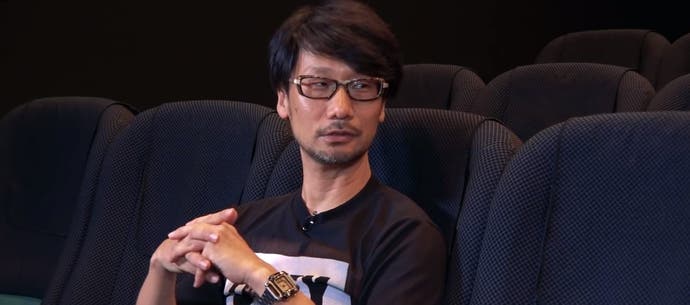
"Congratulations to Eurogamer for the 20th Anniversary. 1999 is the time when I debuted in Europe with MGS, which Eurogamer had first published, so it is a very historical magazine. I therefore feel almost a bit of destiny with Eurogamer, and we have a long history working together. I would really like to say 'Thank you', and I'm looking forward to continue working together in the future too.
"My all time best games are Super Mario Bros., Portopia Renzoku Satsujin Jiken (The Portopia Serial Murder Case), XEVIOUS and Outer World (Another World in Japan). The game I like most from the past five years is Inside."
